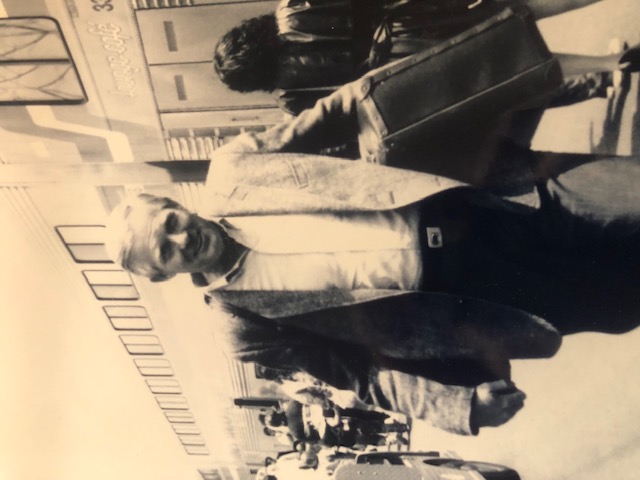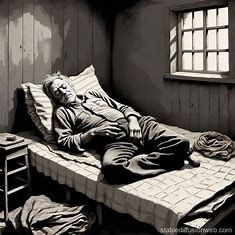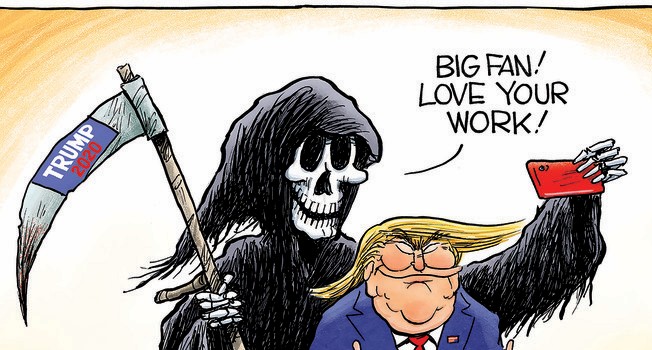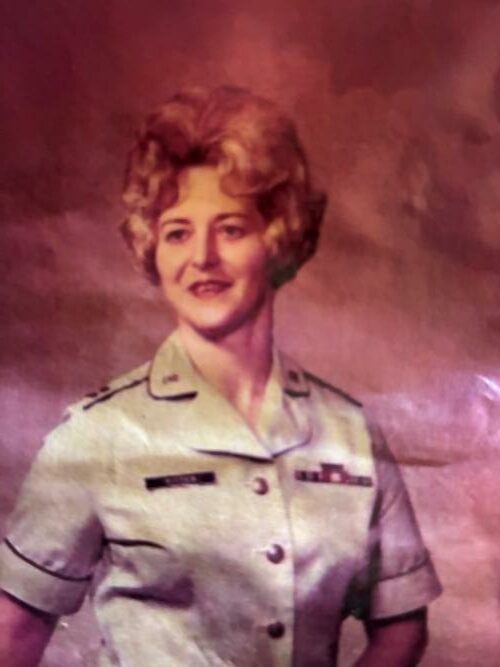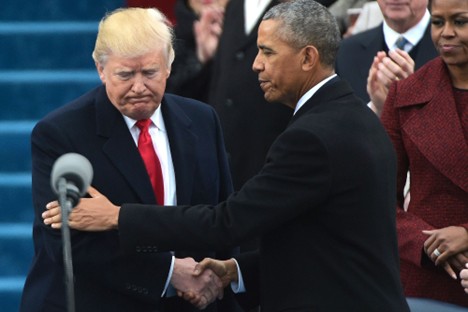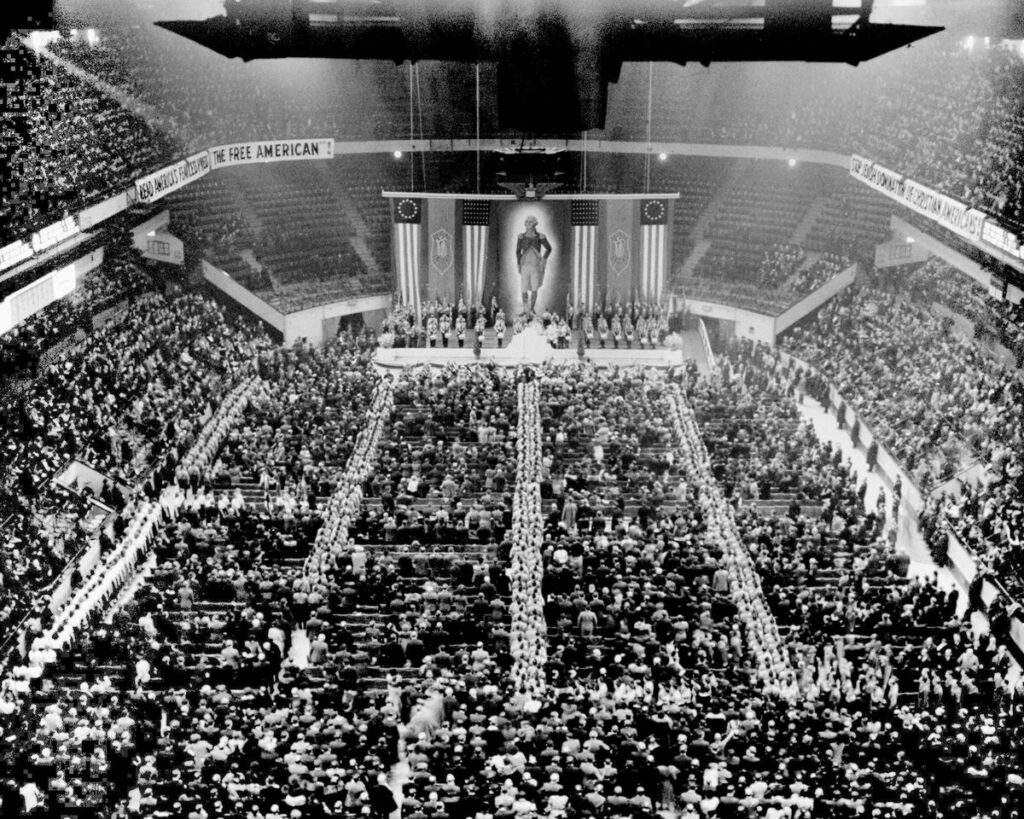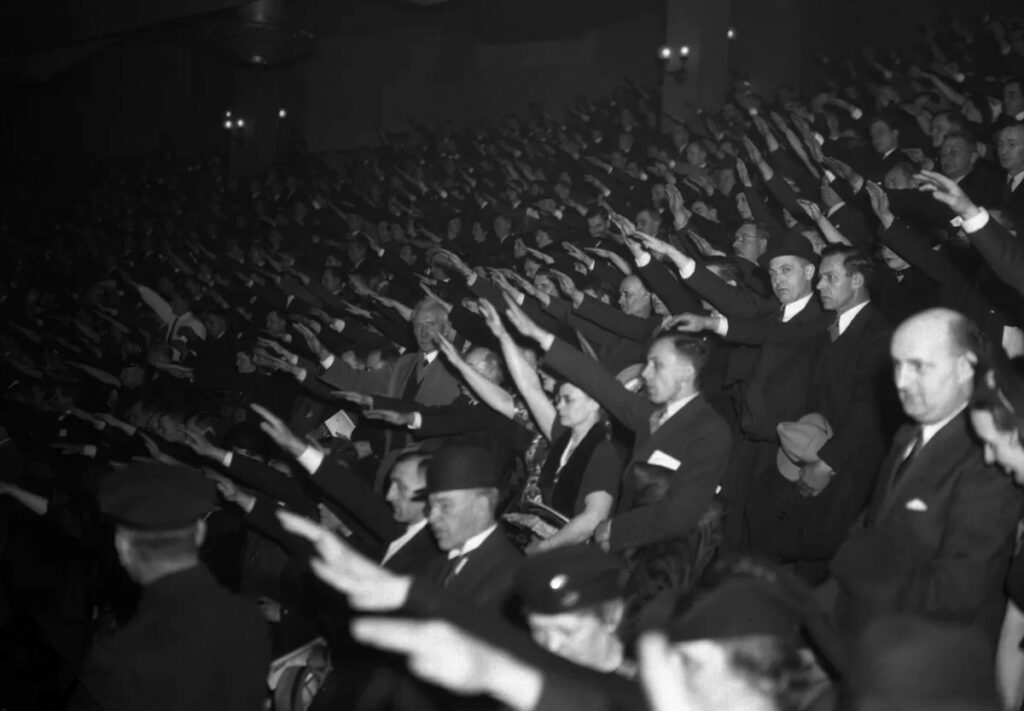We once all wished for, could hardly wait for, dreamed about being adult, when we could do ANYTHING in that otherly world where there’s no more grabbing your hand telling you to look both ways, no you can’t have this, you can’t have that, stand up straight, sit up, brush your teeth, wash your hands, finish your vegetables, say your prayers, stop picking your nose, go to sleep.
After what seemed eons, that dreamed of day arrives at that arbitrary digit set for all, 18.
Now you have all the ice cream you want, go where you want, cuss, drink, smoke, pop pills, get tattoos and do the diddily, even slaughter animals, including people, if you register with the right group.

Welcome to maturity!
Richard Kimball
Sign up on my Blog at: richardkimball.org
or
Medium.com at: https://medium.com/@daffieduck2016
Comments closed